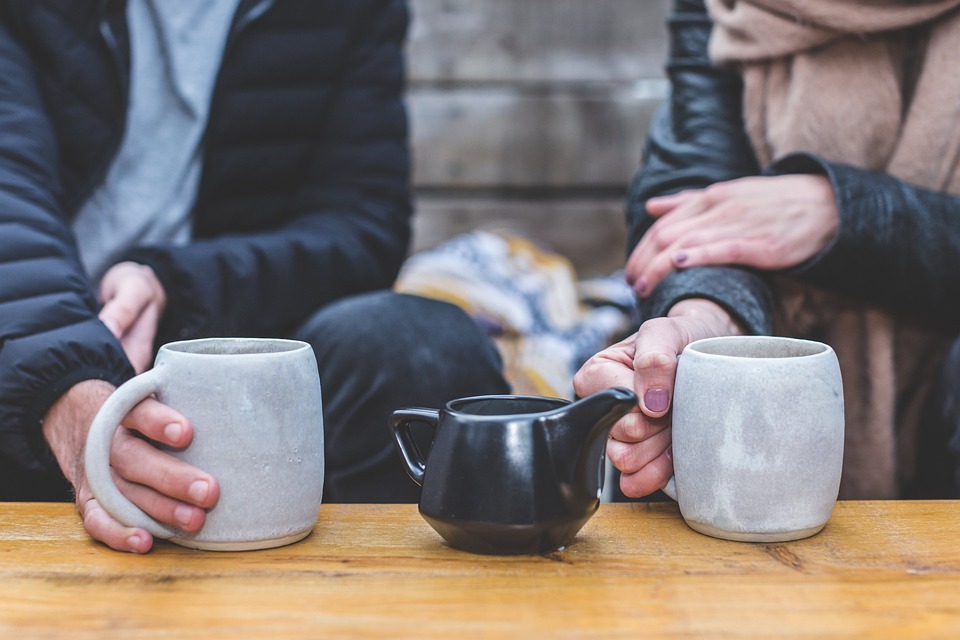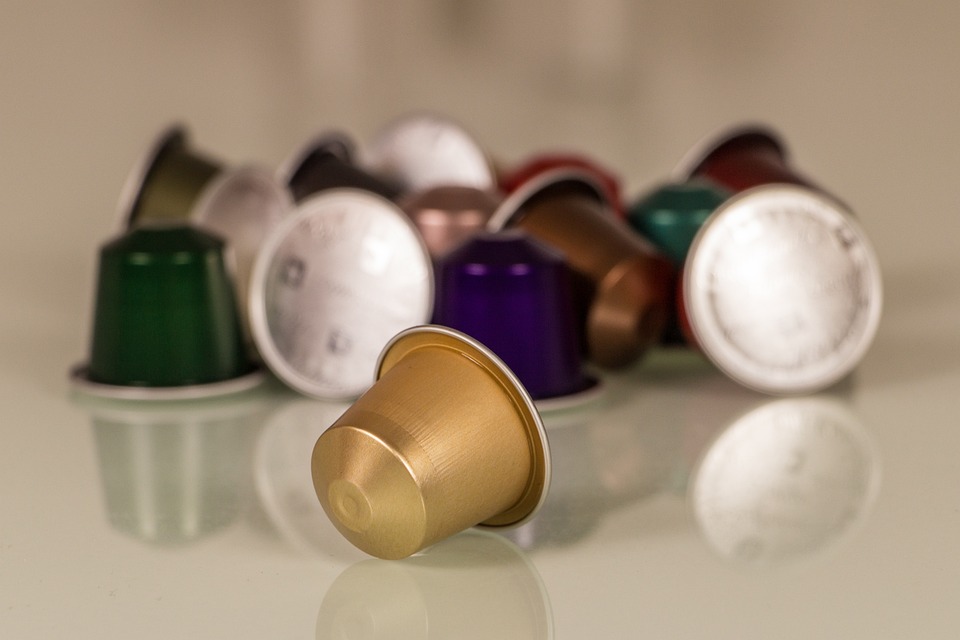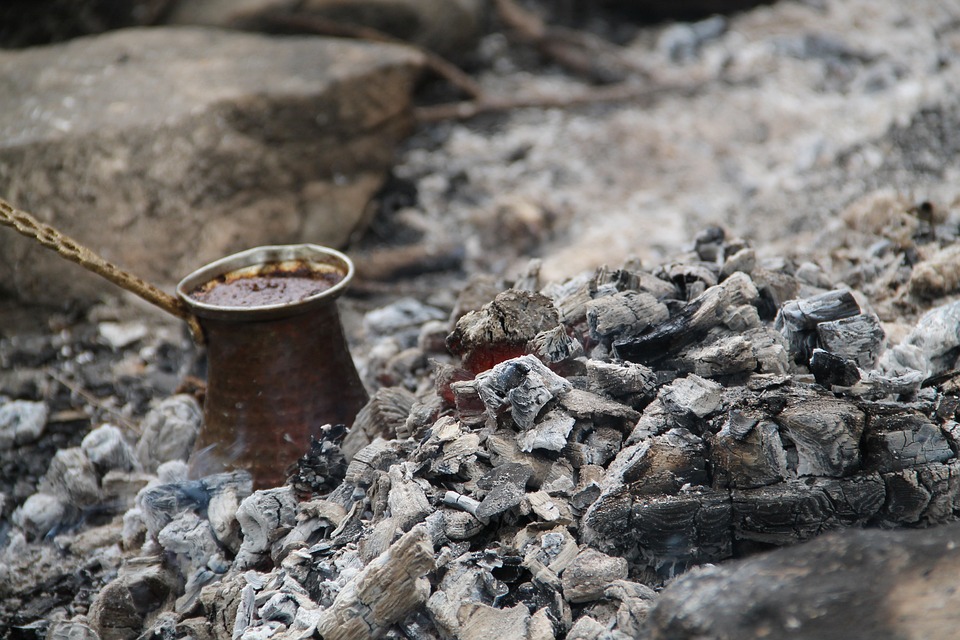It generally isn’t recommended to leave your coffee out all night. Prolonged exposure to the air can cause its unique flavor to become stale. Additionally, coffee left out for extended periods can attract bacteria and other contaminants. These elements not only have the potential to modify the taste of your coffee but could also become a possible cause of foodborne illnesses.
If you must leave your coffee out overnight, be sure to store it in an airtight container to minimize the risk of contamination.
What happens to brewed coffee if it’s left to sit out?
Brewed coffee that is left to sit out will eventually become stale and lose its flavor. Coffee that has been exposed to air for too long can also attract bacteria and other contaminants that can alter the taste of the coffee or lead to food poisoning.

If you must leave your coffee out, be sure to store it in an airtight container to minimize the risk of contamination. Here are some of the main reasons you leave your brewed coffee to sit out for a while.
The Flavor Will Deteriorate
The main reason for this is that coffee is an extremely porous material. This means that the coffee beans absorb moisture and flavors from the air around them.
When coffee beans are roasted, they become even more porous. This makes brewed coffee especially susceptible to losing its flavor if left out for too long.
Oxidation
Another reason why brewed coffee will go bad if it’s left out is oxidation. Oxidation is a chemical reaction when oxygen comes into contact with certain materials. When oxidation occurs, the material (in this case, brewed coffee) loses some of its properties, like color or flavor.
So, if you leave your brewed coffee sitting out, it will taste stale, but it will also start to taste different from when you first made it.
Brewed Coffee Will Attract Contaminants
In addition to going bad in terms of flavor, brewed coffee that’s left out can also attract contaminants like bacteria and mold. These contaminants can alter the taste of the coffee or even lead to food poisoning.
This is because bacteria and mold thrive in moist environments, and since brewed coffee is mostly water, it provides the perfect environment for these contaminants to grow.
To minimize the risk of contamination, it’s important to store brewed coffee in an airtight container if you won’t be drinking it right away. This will help keep bacteria and mold at bay, so your brew doesn’t go bad as quickly.
The Milk in Your Coffee Goes Bad in Only 2 Hours
If you’re making coffee with milk, one thing to keep in mind is that the milk will go bad much faster than the coffee itself. This is because milk is a dairy product, and, as such, it spoils quickly when exposed to air. Most experts recommend that you only leave milk out for 2 hours before throwing it away.

So, if you’re making a cup of coffee with milk and planning on leaving it out for more than 2 hours, it’s best to use cold brew coffee.
Cold brew coffee is made by steeping ground coffee beans in cold water for 12–24 hours. This low-acidic coffee is less likely to spoil your milk and make your drink taste sour.
To make sure your cold brew doesn’t go bad, store it in an airtight container in the fridge. And, if you want your drink to last even longer, consider using shelf-stable almond milk or oat milk instead of traditional dairy milk.
Coffee Oils Will Go Rancid With Time.
Coffee oils are another important component of brewed coffee that can go bad over time. Coffee oils are responsible for the coffee’s flavor and aroma, so the coffee will taste stale and unpleasant when they go rancid.
Coffee oils will start to go rancid within a few days of brewing, so it’s best to consume your coffee soon after making it.
If you must store your coffee, be sure to do so in an airtight container in a cool, dark place. This will help keep the coffee oils from going bad as quickly.
Change in Color
When brewed coffee goes bad, there are a few telltale signs. The first is a color change—if your coffee starts to look darker than usual, this is an indication that the oils have gone rancid.
The second is a change in smell—if your coffee starts to smell sour or “off,” this is another sign that the oils have gone bad.
Finally, if your coffee tastes bitter or stale, this is a surefire sign that it’s time to toss it out and make a new pot.
Mold and Bacteria May Start to Appear
Brewed coffee left out can also attract contaminants like bacteria and mold. These contaminants can alter the taste of the coffee or even lead to food poisoning.
This is because bacteria and mold thrive in moist environments, and since brewed coffee is mostly water, it provides the perfect environment for these contaminants to grow.
The caffeine content will be preserved.
Many people don’t realize that the caffeine content of coffee will be preserved even after it goes bad. This is because caffeine is a natural preservative. So, if you’re worried about the caffeine in your coffee going bad, you can rest assured knowing that it will still be there even if the coffee itself isn’t at its best.
The best way to ensure that your coffee retains its freshness and flavor for as long as possible is to store it in an airtight container in a cool, dark place. This will help to keep the coffee from going rancid and preserve its flavor for longer.
Conclusion
Coffee can go bad in several ways. The most common way is for the coffee oils to go rancid, which will alter the taste of the coffee and make it unpleasant to drink. Another way is for bacteria and mold to grow in the coffee, leading to food poisoning.
Finally, the caffeine content of coffee will be preserved even after it goes bad. To ensure that your coffee stays fresh and flavorful for as long as possible, store it in an airtight container in a cool, dark place.




